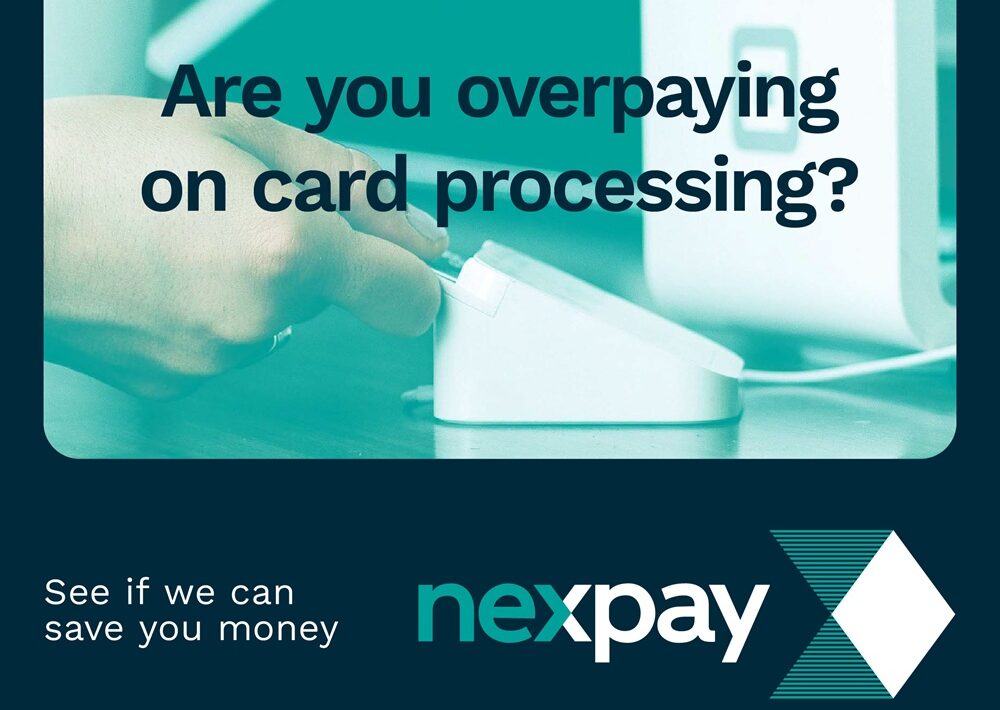If you accept card payments, you’ve probably looked at your monthly merchant statement and wondered, “What are all these charges? Why am I paying them? And is there any way to pay less?”
You’re not alone—merchant fees can be confusing, but understanding them is crucial for protecting your margins and making sure you’re not overpaying.
In this guide, we’ll break down exactly what merchant fees are, explain why you’re paying them, and show you how to read your bill like a pro. Plus, we’ll answer the most common questions UK business owners have about merchant fees and show you how to get a free quote to see if you could save.
What Are Merchant Fees?
Merchant fees are the charges you pay every time a customer pays you by card—whether that’s in your garden centre, dental practice, restaurant, or shop. These fees cover the cost of processing card payments and are split between several different parties.
Merchant Fees Explained: Who Gets What?
When a customer taps or inserts their card, the payment travels through a network. Here’s who’s involved and why they get a share of your fee:
- The Cardholder’s Bank (Issuing Bank):
This is your customer’s bank, which issues the debit or credit card. They get paid for authorising and securing the transaction. - Your Bank (Acquiring Bank):
This is the bank that receives the funds and deposits them into your business account. - The Card Scheme (e.g., Visa, Mastercard):
These global networks process card payments and set the rules (and fees) for using their systems. - Your Merchant Services Provider (e.g., Worldpay, AIB, Square):
This is the company that sets you up to accept card payments and manages your account.
What Fees Will I Pay for Merchant Services?
Here’s a breakdown of common merchant fees, so you know exactly what you’re being charged for:
1. Interchange Fees
Paid to the cardholder’s bank. These cover processing, fraud protection, and customer support.
- How much? Usually a small percentage of each sale, sometimes with a fixed fee.
- What affects it? Card type (debit/credit, consumer/business), transaction method (chip & PIN, contactless, online), your turnover, and your business sector.
2. Scheme Fees
Paid to the card networks (like Visa or Mastercard), built into your overall charges.
- Why? To cover the cost of using their infrastructure and brand.
3. Merchant Service Charges (MSC)
Paid to your merchant services provider.
- Covers: Transaction fees (per payment), monthly account fees, and any one-off charges (like set-up or PCI DSS compliance).
4. Other Possible Fees
- PCI DSS Non-Compliance Fee: Charged if you’re not PCI DSS compliant—sometimes over £20/month.
- Statement/Reporting Fees: For paper or advanced online statements.
- Minimum Monthly Service Charge: If your transaction volume is low, you may be charged a minimum fee.
How to Read Your Merchant Statement
Your monthly statement should list these fees, but it’s not always clear. Here’s what to look for:
- Interchange and Scheme Fees: Usually listed separately.
- Transaction Fees: Sometimes grouped by card type.
- PCI DSS Fees: Check for non-compliance charges.
- Miscellaneous/Other Charges: Watch for anything you don’t recognise.
Tip: If you’re not sure what a line item means, ask your provider—or get a free review from an independent expert.
Why Am I Paying Merchant Fees?
Merchant fees exist to cover the real costs of moving money securely from your customer’s card to your bank account. Each organisation in the chain (banks, card schemes, providers) plays a role in authorising, processing, and settling transactions, as well as preventing fraud and supporting your business.
How to Lower Your Merchant Fees
- Review Your Rates Regularly: Providers often increase fees over time (known as “rate creep”).
- Negotiate: Don’t accept the first offer, especially if your turnover has grown.
- Shop Around: Compare providers to find the best fit (Nexpay can help!).
- Stay PCI DSS Compliant: Avoid unnecessary non-compliance charges.
- Understand Your Statement: Knowledge is power—don’t pay for services you don’t need.
Merchant Fees FAQ
Q: What are merchant fees?
A: Merchant fees are charges you pay to process card payments, covering banks, card schemes, and your payment provider.
Q: Why am I paying merchant fees?
A: They pay for processing, security, fraud prevention, and the infrastructure needed to move money from your customer’s card to your account.
Q: Can I reduce my merchant fees?
A: Absolutely. Regular reviews, negotiation, and switching to a better provider can all help lower your costs.
Q: What is PCI DSS and why does it matter?
A: PCI DSS is a security standard for handling cardholder data. Staying compliant avoids extra monthly fees and protects your business.
Q: Who can help me review my merchant fees?
A: Independent consultants like Nexpay compare all major UK providers, negotiate on your behalf, and proactively check your rates to prevent “rate creep.”
Why Work with Nexpay to reduce merchant fees?
At Nexpay, we’re independent consultants who compare all major UK payment providers. We negotiate on your behalf, ensure you’re PCI DSS compliant, and proactively review your rates to keep your costs down. Our approach is transparent, honest, and focused on long-term savings.
Get a Free Merchant Fee Review & Quote
Unsure if you’re paying too much? Want to see what you could save?
Carry out a free quote with our Payment Calculator or contact us for a free, no-obligation review of your merchant statement.
Still confused about your monthly fees or want to cut your costs? Our friendly, knowledgeable team is here to help.


